Traveling is an exciting experience but can also be a minefield of tourist scams and traps. Dishonest individuals target tourists, taking advantage of their unfamiliarity with local customs and surroundings to scam them of their money or belongings.
You should be aware of the common tourist scams and traps, from fake tour guides to overpriced restaurants, pickpockets, and fake ticket sellers. Taking a few precautions and keeping an eye out for possible tourist traps and scams can help ensure that your travels are safe and enjoyable.
Taxi Scams
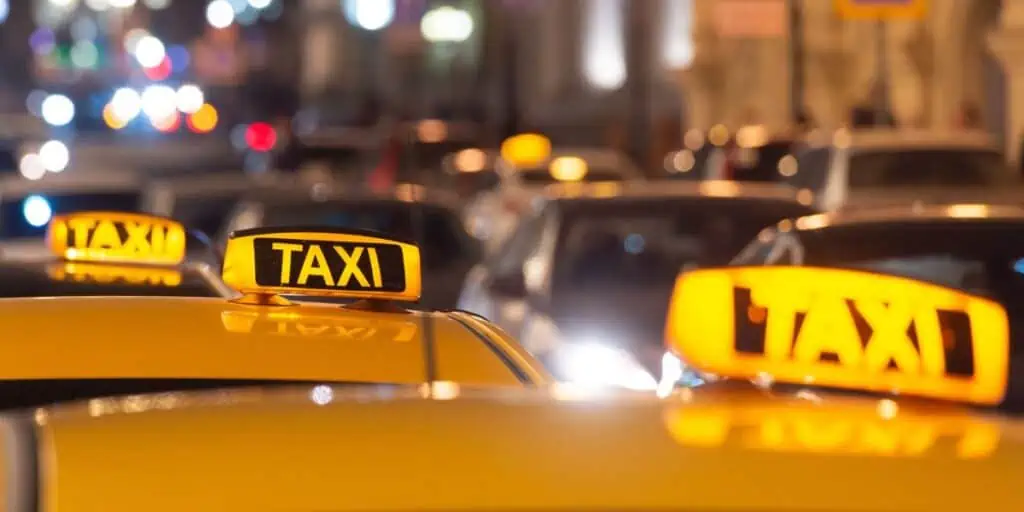
One of the most common tourist scams around the world is taxi fraud. Some taxi drivers may try to scam you by taking a longer route to your destination, inflating the fare, or even driving you to a different place.
Take precautions to avoid this type of fraud. One way is to negotiate the price upfront with the driver or use a reputable taxi company. Researching ahead of time and learning about the average fare in the area can also help you avoid getting overcharged. When you are in a taxi, it is a good idea to use GPS navigation to ensure that the driver takes the most direct route.
Fake Ticket Sellers
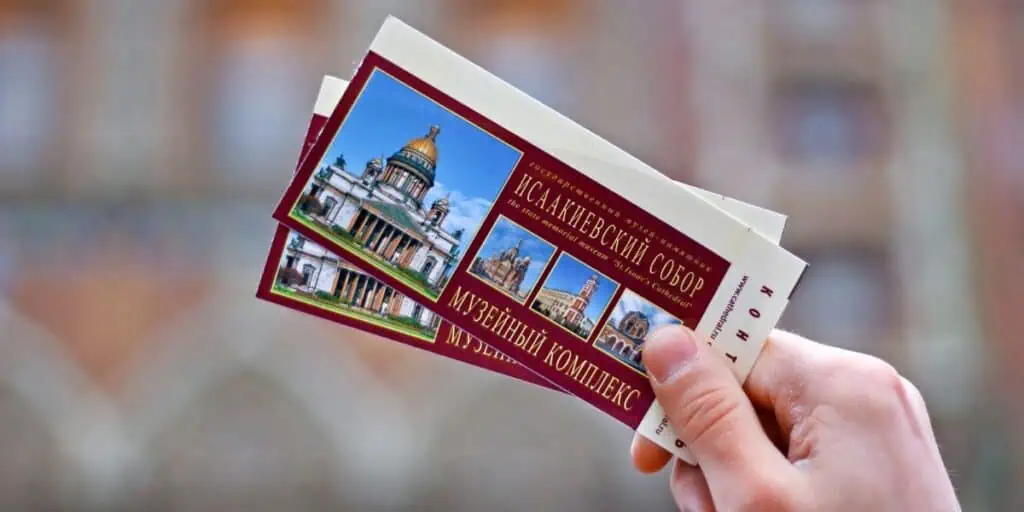
When you’re traveling, it’s common to want to visit popular tourist attractions. Unfortunately, scammers often exploit this desire by offering discounted tickets to these attractions. While it may be tempting to save some money, it’s crucial to be cautious of such offers, as these tickets may be fake.
The smart option is purchasing tickets directly from the attraction’s website or a licensed vendor. If you buy tickets from a third party, ensure the vendor is reputable. Be wary of any vendor selling tickets at a significantly discounted price, and be bold and ask questions to ensure you’re getting what you paid for.
Street Vendors
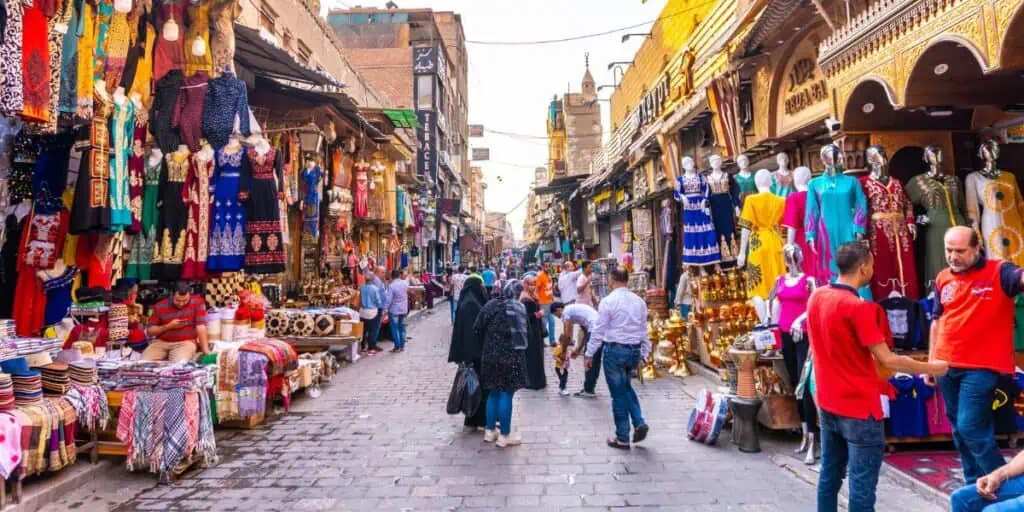
Street vendors can be a common sight in many tourist areas worldwide, offering a range of souvenirs, clothing, and other goods. While many vendors are honest and legitimate, some will take advantage of tourists by overcharging or selling counterfeit items.
It’s essential to take precautions when shopping with street vendors. The best way to ensure you’re paying enough is by bargaining. Haggling over the price is common in many cultures, and vendors often expect it.
Pickpockets
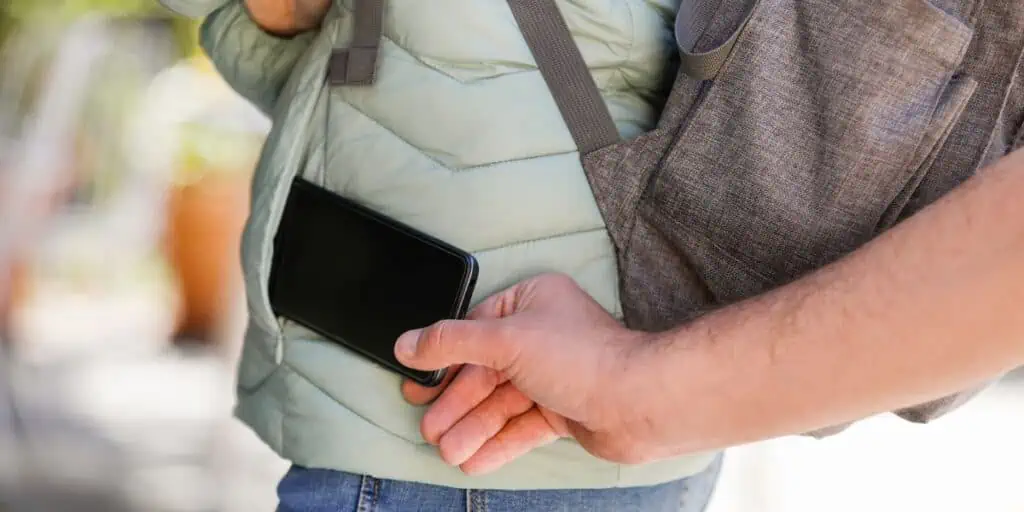
Pickpockets often target tourists, particularly in crowded markets, public transportation, and tourist attractions. Keeping your belongings secured and staying alert is essential to avoid falling victim to pickpockets.
Make sure to carry only what you need and leave any valuables, such as expensive jewelry or large amounts of cash, in a secure location, such as a hotel safe.
When you’re out and about, keep your belongings close to your body, such as in a secure backpack or a cross-body bag that can be worn in front of you. Avoid carrying your wallet or phone in your back pocket, as it’s easier for pickpockets to access.
Fake Police Officers
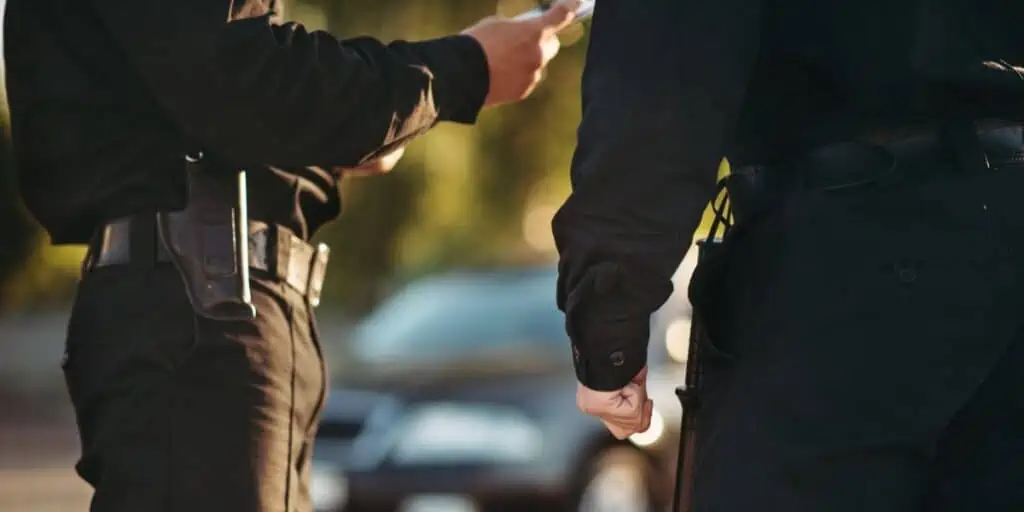
One of the most alarming tourist scams is when scammers pose as police officers to gain access to your personal information and belongings. These scammers may wear fake police uniforms, have fake badges, or carry phony identification. They may approach you in a public area or on the street, demanding to see your passport or other identification. Once they have your passport or identification, they may use it for identity theft or demand a bribe to give it back to you.
One way to verify a police officer’s identity is to ask for their badge number and call the local police station to confirm their identity. You can also ask to see their identification and take a photo with your phone, but be careful not to appear aggressive or suspicious. If the person claiming to be a police officer refuses to give their badge number or identification, this could be a red flag that they are not genuine.
Free Item Scams

A typical tourist scam in busy tourist areas is when someone offers you a free item, such as a flower or bracelet. However, after accepting the item, the person may demand payment or guilt you into donating money to their cause. This is often done using high-pressure tactics, such as saying that the donation is for a charity or a religious institution. The person may also become aggressive or threatening if you refuse to pay or donate.
You should be wary of anyone approaching you with a seemingly free item. While it’s understandable to be interested in interacting with locals or experiencing local customs, it’s essential to be cautious when dealing with strangers. If someone offers you something for free, it’s a good idea to decline and move on politely.
ATM Skimming

One of the most insidious tourist scams is using skimming devices on ATMs. Scammers may install small devices on the ATM to read your credit card information and steal your money. These devices can be hard to spot, but there are ways to protect yourself from falling victim to this scam.
It’s vital to use ATMs in well-lit, busy areas. Scammers are more likely to target ATMs in quiet, isolated areas where they can install their skimming devices without being detected. ATMs located in crowded areas or inside buildings with security guards are less likely to be targeted by scammers.
In addition, it’s important to cover the keypad when entering your PIN. Skimming devices may also include small cameras that can record your PIN as you enter it. Covering the keypad with your hand can prevent scammers from recording your PIN.
Fake Tour Guides
Another tourist trap travelers need to be cautious of is individuals who offer to guide them to popular attractions, especially if they need to wear official tour guide identification. These individuals may overcharge you or even lead you to a dangerous area.
These individuals often approach you on the street or near popular tourist spots. They may offer to show you around the area or take you to a specific attraction, claiming to know a shortcut or claiming that the attraction is closed due to construction or other issues. While some of these individuals may be well-intentioned, many others look to exploit unsuspecting tourists.
To avoid falling prey to fake tour guide scams, it’s best to use a reputable tour company or ask the hotel for a recommendation.
Hotel Scams
One common phone scam involves scammers calling hotel rooms and posing as hotel staff. They may ask for your credit card information, claiming that there is a problem with your reservation or that there has been a mistake with your payment. They may also ask for personal data like your address or passport details, claiming it’s for verification purposes.
Always verify the caller’s identity before giving out personal or financial information. Hang up the phone and call the hotel reception desk directly to confirm the validity of the call. Most hotels would never ask for personal or financial information over the phone and will be able to verify whether the call is genuine.
Another common hotel scam involves fake restaurant menus. Scammers may create fake menus, leave them in your hotel room, or slide them under the door. When you call to place an order, they steal your credit card number and never deliver your food. It’s a good idea to look up the restaurant to ensure it is legit.
Fake Beggars
While it’s natural to want to help those in need, some scammers will use this desire to their advantage. In some tourist areas, individuals may pose as beggars or use their children to gain sympathy and solicit money from unsuspecting tourists. They may use different tactics, such as pretending to be disabled, homeless, or needing medical assistance.
Be cautious when approached by someone on the street, especially those who seem overly persistent or aggressive. While some may genuinely need help, others may be scammers looking to exploit tourists’ generosity. It’s best to use your discretion when deciding whether to give money to someone on the street.
Scammers may pose as representatives of a charity or nonprofit organization and ask for donations.
Fake Attractions
Scammers may use various tactics to create fake attractions or events that lure tourists in with the promise of a unique experience or adventure. However, these fake attractions or events can be a waste of time or, worse, dangerous. They may involve hidden fees, inadequate facilities, or other risks that could put your safety at risk.
Do your research before visiting any attraction or event. Check online reviews and ratings from previous visitors to understand what you might expect. If an attraction or event has a lot of negative feedback or is not well-known, it’s best to avoid it.
“Found” Items
Tourists may encounter a common scam when someone approaches them and claims to have found a valuable item, such as a camera, wallet, or phone. The scammer will offer to sell the item to the tourist at a discounted price. The scammer may claim that someone else lost or abandoned the item and that they are simply looking to make a quick sale.
It’s essential to be cautious of buying anything not previously yours, especially when the circumstances surrounding the sale seem suspicious. The item could be stolen property, and purchasing it could put you at risk of legal trouble or financial loss. If someone approaches you with an offer, you should decline politely and walk away.
Misleading Directions
Tourists should be aware of scammers who give incorrect or misleading directions to steer them toward a specific shop or attraction. The scammer may work in cahoots with the shop owner or receive a commission for bringing tourists to a particular place.
Always verify directions with a map or GPS before following them. It’s good to research the area beforehand to have a general sense of where you’re going and what you’re looking for.
Tourist Traps and Scams
Falling victim to tourist traps and scams can be a frustrating and costly experience for travelers. While avoiding these traps altogether is impossible, being aware of common scams and taking steps to protect yourself can go a long way in ensuring a safe and enjoyable trip. By staying alert, researching, and trusting your instincts, you can help reduce the risk of falling prey to scams and enjoy your travels.
This article Watch Out! Don’t Fall for These Sneaky Tourist Scams originally appeared on Wander With Alex. Photo Credit: [@Jandruk/DepositPhotos]
ABOUT THE AUTHOR
Alexandrea Sumuel is a nationally syndicated travel writer and founder of the Wander With Alex travel blog. Her work has appeared on MSN, YAHOO!, Euronews, and FOX, ABC, and NBC affiliates across the United States.
Alex travels to experience, eat, explore, and occasionally escape! She collaborates with destinations, vacation property management companies, and hospitality technology firms to provide her readers with exclusive insights and information.